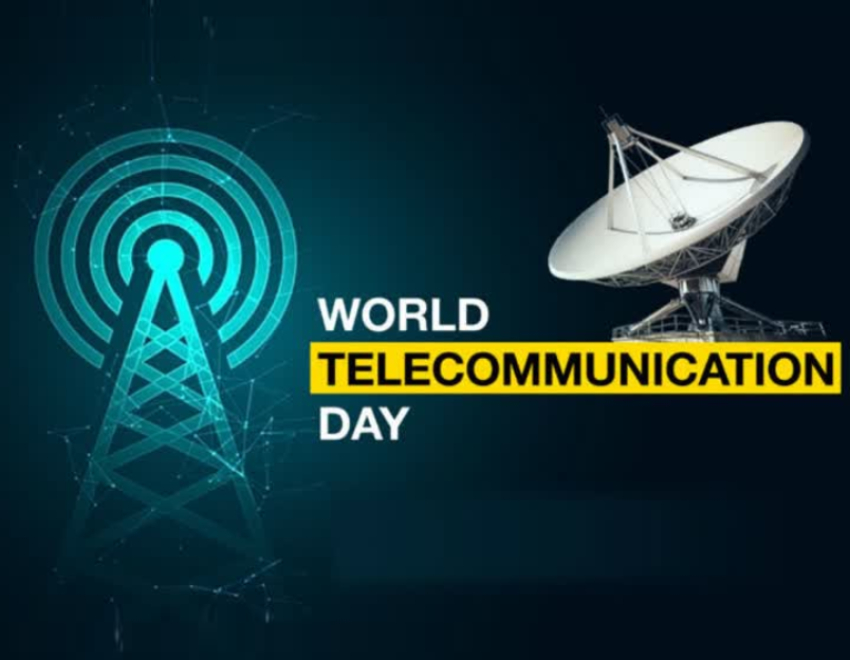World Communication Day: An Overview
World Telecommunication Day, observed annually on May 17, is a celebration of the profound impact that telecommunications have on our lives. Established by the International Telecommunication Union (ITU) in 1969, this day marks the founding of the ITU and the signing of the first International Telegraph Convention in 1865.
The origins of World Telecommunication Day date back to an era when the telegraph was the cutting-edge technology, revolutionizing how we communicated across distances. The introduction of the telegraph laid the groundwork for the interconnected world we live in today. Over the decades, telecommunications evolved at a rapid pace, from the invention of the telephone by Alexander Graham Bell in 1876 to the launch of the first artificial satellite, Sputnik, in 1957, which paved the way for global satellite communications.
Fast forward to the present, and we find ourselves in the era of 5G technology. 5G, or the fifth generation of mobile networks, is a game-changer in the world of telecommunications. It's not just about faster internet speeds—though it certainly provides that, with speeds up to 100 times faster than 4G. 5G is about connecting everything and everyone seamlessly, from smart homes and autonomous vehicles to advanced medical devices and industrial robots.
The journey to 5G began in earnest around 2019, and its rollout has been accelerating ever since. Unlike its predecessors, 5G operates on a broader range of frequencies, including higher frequency bands known as millimeter waves. These higher frequencies can carry vast amounts of data at incredible speeds, albeit over shorter distances. This has necessitated the deployment of numerous small cell sites to ensure robust coverage.
One of the most exciting aspects of 5G is its potential to revolutionize industries and everyday life. For instance, in healthcare, 5G enables real-time remote surgery and telemedicine, allowing doctors to treat patients from anywhere in the world. In the automotive industry, 5G is critical for the development of self-driving cars, which require ultra-reliable, low-latency communication to navigate safely.
Moreover, 5G is expected to boost the Internet of Things (IoT), connecting billions of devices and creating smart cities where everything from traffic lights to energy grids can communicate and operate more efficiently. This interconnectedness promises to enhance our quality of life, reduce waste, and improve resource management.
World Telecommunication Day is not just a celebration of technological advancements; it's also a reminder of the importance of closing the digital divide. As we marvel at the possibilities of 5G, we must also focus on ensuring that these advancements are accessible to everyone, regardless of geographical or socio-economic barriers.
In conclusion, World Telecommunication Day serves as a tribute to the remarkable progress we've made in connecting the world. From the telegraph to 5G, telecommunications have continuously transformed our society, enabling us to communicate, collaborate, and innovate like never before. As we look to the future, the promise of even greater connectivity and technological breakthroughs beckons, with 5G leading the charge into a new era of possibility.

